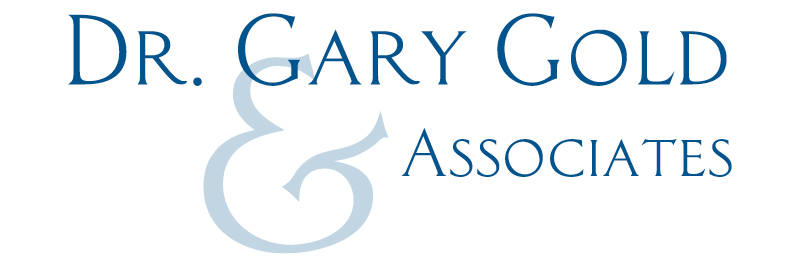
With the new school year approaching, July is the perfect time to focus on the importance of children's eye health. Vision problems in children can significantly impact their behavior and academic performance in the classroom.
Understanding the effects of poor vision on learning and behavior can help parents and educators take proactive steps to support children's success. Here’s how vision issues can affect a child's behavior and learning in school.
Understanding Children’s Vision Problems
Vision problems in children are more common than many parents realize. Conditions such as nearsightedness (myopia), farsightedness (hyperopia), astigmatism, amblyopia (lazy eye), and strabismus (crossed eyes) can affect a child's ability to see clearly and comfortably. These issues can lead to a range of difficulties in the classroom.
How Vision Problems Affect Classroom Behavior
Difficulty Paying Attention
Children with vision problems may struggle to see the board or read their textbooks. This can lead to difficulty paying attention during lessons and result in them appearing inattentive.
Frustration and Fatigue
Constantly straining to see clearly can cause eye fatigue and headaches, leading to frustration and irritability. Children may become easily tired and lose interest in schoolwork, affecting their overall behavior.
Avoidance of Close-Up Tasks
Children with vision problems may avoid activities that require close-up work, such as reading and writing. Teachers or parents may mistake this avoidance for laziness or lack of interest, but it may be due to the discomfort caused by poor vision.
Increased Misbehavior
Children who cannot see clearly may act out or become disruptive to cope with frustration. Misbehavior can indicate that a child is struggling with an underlying vision issue.
How Vision Problems Affect Academic Performance
Reading Difficulties
Poor vision can make reading challenging, leading to difficulties with comprehension and fluency. Children may lose their place while reading or struggle to keep up with their peers.
Writing Challenges
Vision problems can affect a child's ability to write neatly and accurately. They may have trouble copying from the board or organizing their work on the page, leading to lower academic performance.
Decreased Participation
Children with vision issues may be less likely to participate in class discussions and activities. They may feel self-conscious about their inability to see clearly and withdraw from classroom interactions.
Lower Test Scores
Vision problems can impact a child's ability to perform well on tests and assignments. Poor visual acuity and eye strain can lead to mistakes and lower test scores, affecting their overall academic achievement.
Request Your Child’s Eye Exam in Sunnyvale
Early detection and treatment of vision problems are crucial for ensuring a child's success in school. Regular comprehensive eye exams can identify vision issues before they become significant obstacles to learning and behavior.
Addressing these problems early can improve a child's academic performance and overall well-being. Request an eye exam for your child at Dr. Gary Gold & Associates to ensure their vision is in top shape for the new school year. Contact us to request an appointment and receive expert advice on managing children's vision problems.


